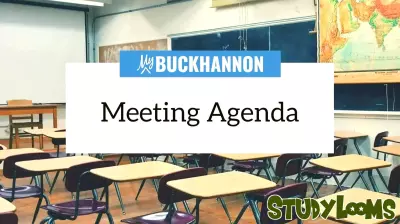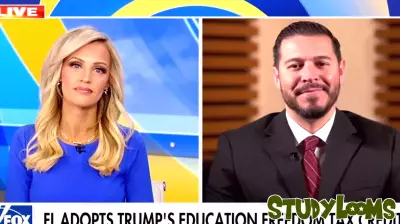May 29, 2025 - 16:13

In recent months, the educational policies spearheaded by Florida Governor Ron DeSantis have sparked intense debate across the nation. Critics argue that his approach represents a systematic effort to exert control over the educational landscape rather than fostering genuine learning and growth. By implementing stringent regulations on curriculum content and prioritizing certain ideologies, DeSantis's administration has raised concerns about academic freedom and the integrity of educational institutions.
This model, which some observers liken to tactics employed during the Trump administration, emphasizes a top-down approach to governance that seeks to dictate what can and cannot be taught in schools. The implications of such policies extend beyond the classroom, influencing the broader societal discourse around issues like race, gender, and history. As educators and parents grapple with these changes, many fear that the focus has shifted from nurturing critical thinking and creativity to enforcing conformity and compliance.
The ongoing struggle over educational control reflects deeper cultural and political divides, raising questions about the future of education in America and the values that will shape the next generation.



